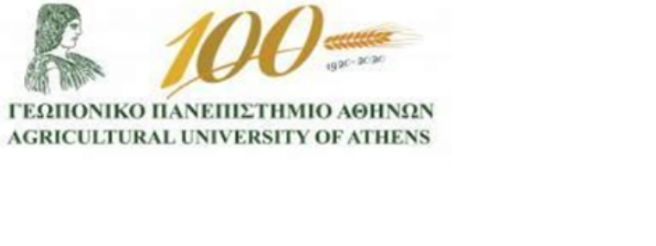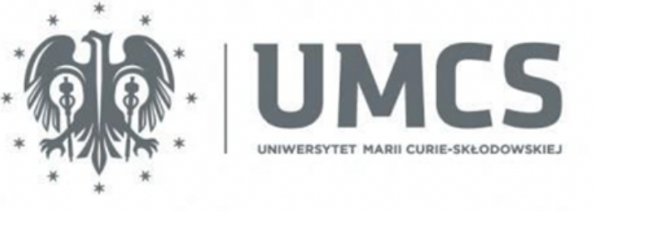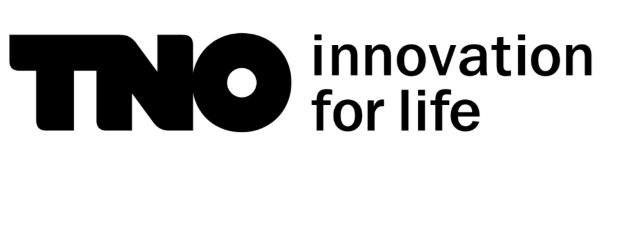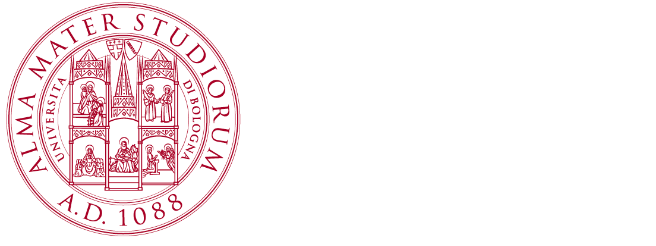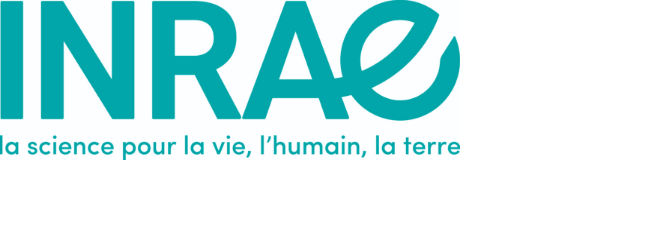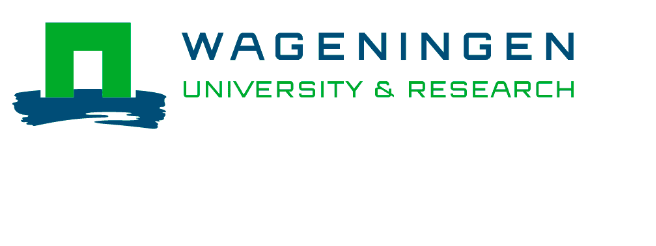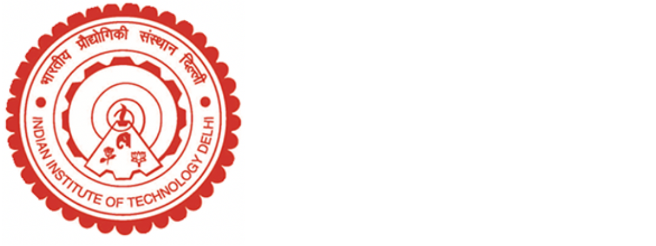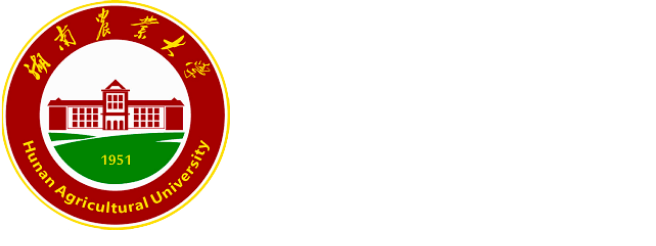Partners
The GOLD consortium provides complementary world class expertise along the entire value chain and strong industrial commitment to maximize wide exploitation of the results through industrial implementation. The consortium counts 19 beneficiaries and 2 external partners from 12 countries including industry, research organizations, SMEs and benefits from an international collaboration between Europe, China and Canada. This combination synergically creates an ambitious and diverse team that, with a multidisciplinary background, aims to reach the set targets and achieve the project’s goals.
Centre for Renewable Energy Sources and Saving (CRES) is the Greek national center for Renewable Energy Sources (RES), Rational Use of Energy (RUE) and Energy Saving (ES). The Biomass Department (BD) has outstanding experience on energy crops production for both energy production and industrial use (biorefinery concept). During the last two decades the BD has been successfully involved in more than 100 European projects in the area of its expertise.
Agricultural University of Athens (AUA) contributes consistently and continuously to the Greek and European agricultural and economic development by performing cutting edge research. The AUA contributes in a wide range of issues significantly affecting the daily lives of Greek and European citizens, such as: crop production and protection, cultivation management and logistics, soil science, environmental pollution and rehabilitation, biomass production and transformation and several others.
Technical University of Munich (TUM) is characterized by a unique profile with its core domains in natural sciences, engineering, life sciences and medicine. TUM is committed toward the major challenges facing society in the 21st century in areas such as energy, climate and environment, natural resources, health infrastructure.
Renewable Energy Consortium for Research and Demonstration (RE-CORD) carries out scientific and technological research in the field of Renewable Energies and specifically Bioenergy. RE-CORD is a non-profit independent research center, merging competences and resources in the field of basic and applied research, engineering, and sustainable land planning and development.
ETA – Florence Renewable Energies (ETA) is a consultancy and engineering firm based in Florence (Italy), active in the field of renewable energy, with a multi-disciplinary and international team. ETA has a long track record of participation in EU and co-funded RD&I projects. In the field of advanced bioenergy and renewable fuels, activities range from biomass resource assessment, to techno-economic feasibility studies, market and policy studies, knowledge transfer, capacity building and training, with a specific competence on communication, dissemination and support to exploitation within the EU-funded projects.
Centre for Research & Technology Hellas (CERTH) is one of the leading research center in Greece and listed among the TOP-20 EU institutions with the highest participation in competitive research grants. The GOLD project work will be performed by the Chemical Process & Energy Resources Institute (CPERI), which focuses on Sustainable & Clean Energy, Environmental Technologies, Chemical & Biochemical Processes and Advanced Functional Materials.
Alma Mater Studiorum – Università di Bologna (UNIBO) is a comprehensive research university that invests in the multidisciplinary cross-cultural approach and in the inseparable connection between research and teaching. UNIBO will carry out trials (pot and pilot small-scale field trials) for the optimization of selected high-yielding lignocellulosic energy crops for phytoremediation in a contaminated area nearby Bologna with organic and inorganic pollutants.
UMR Biogeco INRAE 1202 (INRAE) is France’s new National Research Institute for Agriculture, Food and Environment. INRAE is committed to finding solutions for related challenges using science, innovation, and support for public policies. One objective is to permanently transform how humans interact with the environment. INRAE is anchored in all of France’s regions with its 18 research centers.
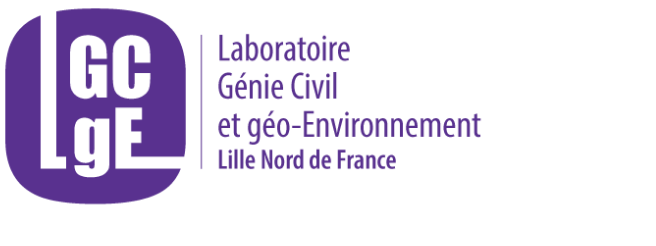
LGCgE is France’s science research center which brings together teams of researchers from several institutions in the North of France region. Multidisciplinary research is the goal of this lab which tries to meet the challenges of sustainable development and ecology. It thus responds to the problems posed by buildings construction, infrastructure safety, the rational management of energy, the protection of natural resources, the management of contaminated sites and biodiversity.
Universidade Nova de Lisboa (UNL) is a public school of science and engineering. Departamento de Ciencias e Tecnologia da Biomassa (DCTB) is a department dedicated to teaching and research activities on the areas of Bioenergy, Food Technology/ Quality/ Safety, Environmental Sciences and Environmental Engineering. Within those broad areas DCTB/FCT NOVA has focused its activities on Biomass for Bioenergy and Biomaterials and on waste management.
Wageningen Research (WR) is a world leader in the bioeconomy and soil health domain. The institute of Wageningen Environmental Research (WenR) coordinates or partners in numerous projects on relevant issues like, phytoremediation, environmental impact assessment for biomass delivery chains, mapping of contaminated lands, soil quality and hydrology, sustainable agriculture, biomass logistics, ecosystem service assessments.
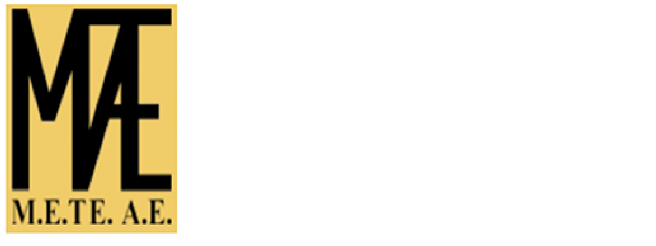
Metalleftiki – Emporiki – Techniki Anonymi Company (METE) is a Greek company and is one of the largest private mining companies with extensive experience in this field. Its main objectives are timely, efficient execution, the safety of exploitation operations and the optimization of production at each stage with respect for the environment and social sensitivity.
The Indian Institute of Technology Delhi (IITD) is a public technical and research university established in 1961. The Centre for Rural Development and Technology (CRDT) is part of IITD with a vision to address challenges facing rural communities by developing and disseminating appropriate technologies and capacity building. CRDT has made significant contributions in the areas of biomass production, conversion and utilization, bioethanol production, biomanures and biopesticides, solid waste management, wasteland reclamation and bioremediation of heavy metals and explosives.
Hunan Agricultural University (HUNAU) is a key provincial University that has established exchange and cooperation relationships with over 20 universities from more than 10 countries. HUNAU has dispatched many employees abroad for academic exchanges and participation in international academic scientific work and actively participates in international cooperation and communication.
Universite de Sherbrooke (UdeS) is a Canadian medical/ doctoral university with world-class research activities. The GRTPC&P is an academic R&D group in the Department of Chemical & Biotechnological that works on the development and investigation of thermochemical and catalytic conversion technologies and processes. Although the focus is on renewable resources, the so-derived process engineering knowledge is generally applicable to all fields.
The Institute of Bast Fiber Crops (IBFC) is part of the Chinese Academy of Agricultural Sciences (CAAS), a national, integrative agricultural scientific research organization with responsibility for carrying out both basic and applied research, as well as research into new technologies impacting agriculture. CAAS is dedicated to overcoming a broad range of challenges impacting agricultural development and support of the local rural economy.


